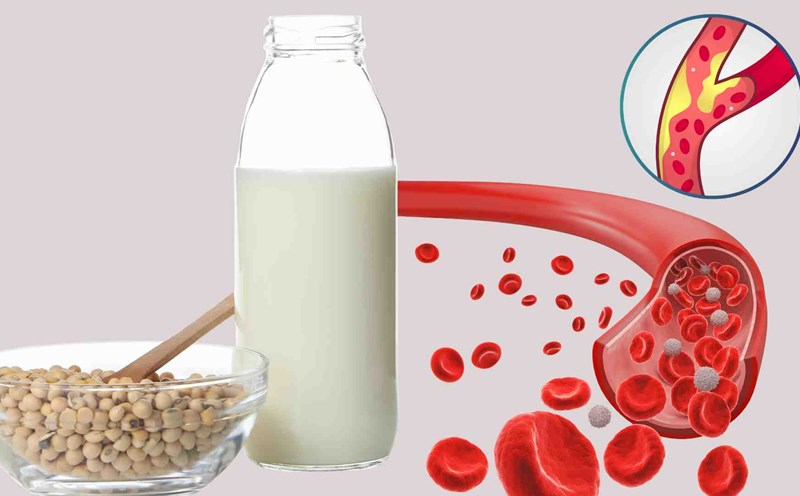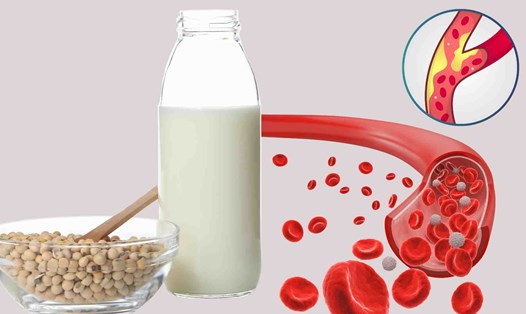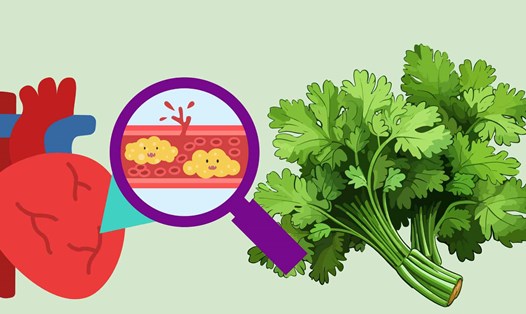Lettuce
Lettuce is low in calories, high in fiber and contains many vitamins, helping to control weight and support digestion. When combining lettuce with many other vegetables, you can still get positive benefits in reducing blood fat.
Amaranth
Amaranth is very nutritious and rich in fiber, this vegetable helps clean the intestines and reduce cholesterol absorption. The high potassium content in amaranth also helps the body eliminate sodium, helps lower blood pressure and protect the heart.
Every 100 grams of amaranth contains about 2.1 grams of fiber - enough to improve the intestinal microflora and support digestion. Amaranth is also easy to prepare and cheap, a healthy choice for daily meals.
Kelp
Despite its mild fishy smell, kelp is a store of nutrients. It is rich in soluble fiber (alginate), which can create gel in the intestines, prevent cholesterol from being absorbed into the blood and help eliminate excess.
Kelp is also rich in iodine, which supports thyroid function and fat metabolism, thereby helping to prevent atherosclerosis. When preparing, shake the kelp in boiling water and add a little vinegar or garlic to reduce the smell and enhance the flavor.
Caryana
Celery is low in calories (only 12 kcal/100 grams), high in water, vitamin C and fiber. In particular, it contains glucosinolate - a substance that will be converted into isothiocyanates in the body, helping the liver process fat and indirectly reduce blood fat.
Eggplant
Eggplant is not only delicious but also has the effect of lowering blood lipids thanks to its solanine content - a compound that inhibits cholesterol absorption and eliminates free radicals. Eggplant skin is rich in anthocyanin, a powerful antioxidant that helps protect blood vessels and reduce the risk of atherosclerosis. To retain more nutrients, eggplant should be processed by steaming or baking instead of frying.
Celery
Celery is famous for its ability to lower blood pressure, diuretic and support the heart. It contains apigenin - a natural antioxidant compound that helps stabilize blood pressure and reduce cholesterol.
Celery is rich in potassium (about 320 mg/100 grams), which helps regulate blood pressure and reduce the burden on the heart. If you don't like the smell of celery, you can blend it with carrots or apples to make it easier to drink.











